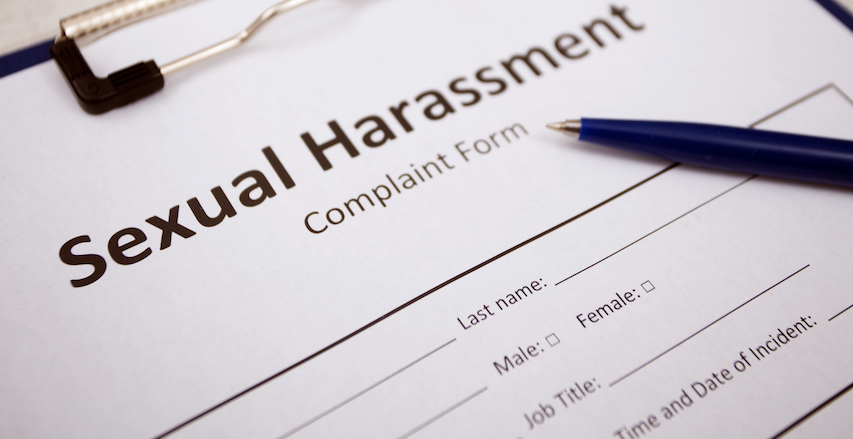Female California Agriculture Workers Exposed to Harassment, Assault

Issues of harassment in the US agriculture industry were reported on by FRONTLINE, Univision, the Investigative Reporting Program at the UC Berkeley Graduate School of Journalism and the Center for Investigative Reporting. The report, titled Rape in the Fields, aired on PBS on June 25, 2013. The report cites national statistics, but California reportedly has the highest number of agricultural workers in the US and several incidents of alleged harassment in California were included in the documentary.
The report cites a 2010 UC Santa Cruz study that involved 150 female farmworkers. Of those, almost 40 percent experienced sexual harassment, which ranged from verbal harassment to rape, and 24 percent said they were sexually coerced by a supervisor. The study, titled “Examining the Sexual Harassment Experiences of Mexican Immigrant Farmworking Women” (9/22/10), notes that of approximately one million farmworkers in California, 28 percent are women. It further reports that between 35 and 50 percent of women are sexually harassed at some point in their career.
But because they need the work, because many are illegal immigrants or because they are afraid of retaliation, many instances of harassment go unreported. Many may also not realize that harassment on the job is illegal.
Harassment on the job is illegal, as is retaliation for filing a complaint about harassment. In the first sexual harassment lawsuit filed by the US Equal Employment Opportunity Commission against a grower to go to court (the case of Olivia Tamayo, who alleged she was raped three times by a supervisor) in 2004, a jury found Harris Farms - Tamayo’s employer - liable for its supervisor’s sexual harassment and retaliation, and awarded Tamayo approximately $800,000 (as reported in Rape in the Fields).
According to the US Equal Employment Opportunity Commission, it is illegal to harass a person because of their sex. This includes sexual harassment, unwelcome sexual advances, requests for sexual favors and other verbal or physical harassment. If an employee complains about harassment, it is illegal for the employer to retaliate against the employee. Sexual harassment violates Title VII of the Civil Rights Act of 1964, which applies to employers with 15 or more employees. Violations of sexual harassment laws can result in a lawsuit filed against the individual accused of committing the harassment and his or her employers.











1 Comment
Kimberly Crawford
September 11, 2013